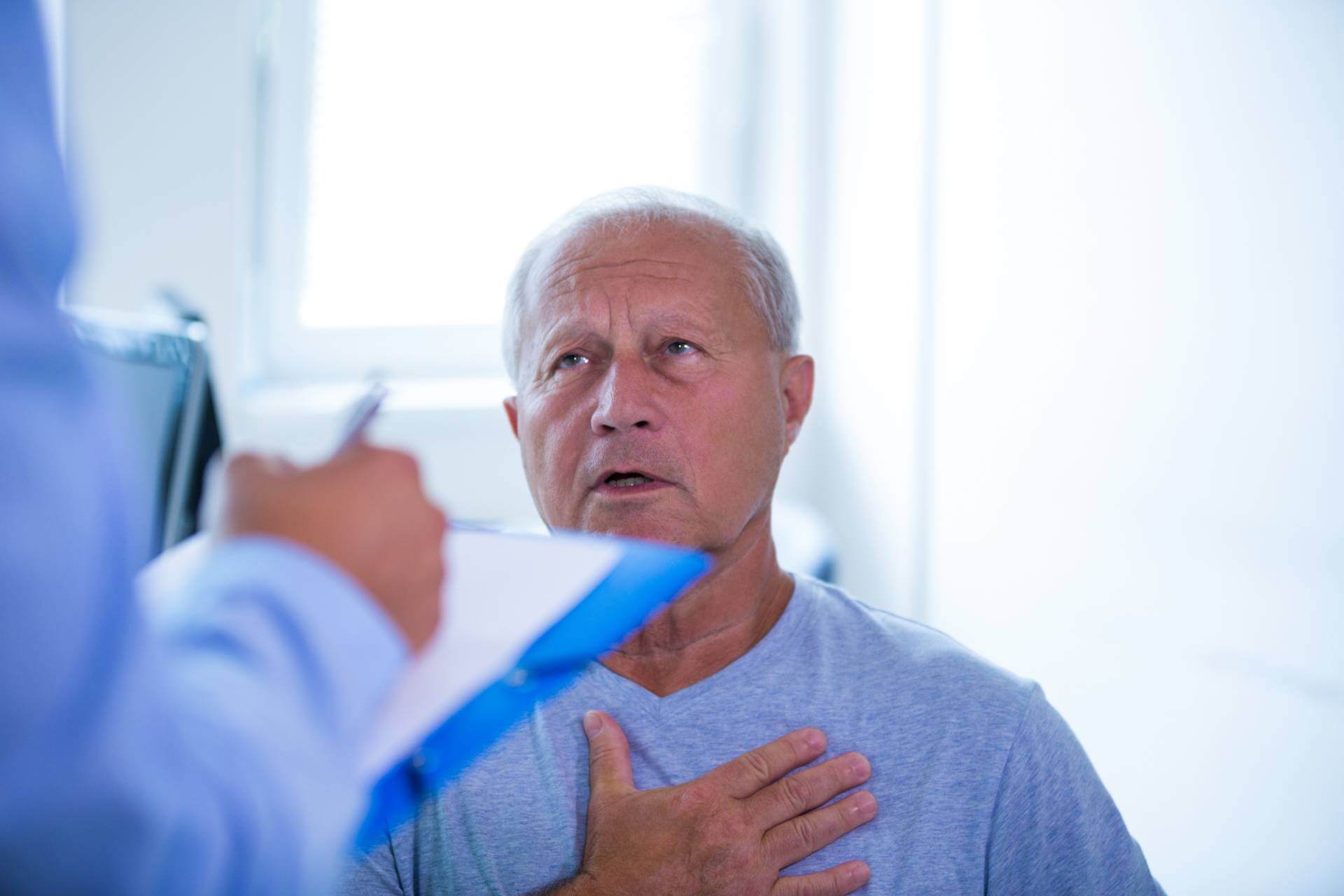Esophageal Manometry (Motility Study) in Texas
What is an esophageal motility test?
An esophageal motility study, also called an esophageal manometry test, is an evaluation designed to observe the contractile and relaxation functions of the esophagus. To perform the study, a narrow and pliable catheter will be positioned through the nose into the esophagus. This form of motility assessment might be administered to help identify the cause behind:
- Regurgitation
- Esophageal spasm
- Difficulty swallowing
- Severe gastroesophageal reflux
- Chest pain
Esophageal manometry may also be used as a preparative step before esophageal surgery. To find a gastroenterology specialist who can perform an esophageal manometry or motility assessment in Texas, contact the providers at Texas Digestive Disease Consultants to find a location near you.

What can I expect the day before an esophageal motility study?
Prior to an esophageal motility study, you will get instructions from your Texas Digestive Disease Consultants provider discussing the preparatory steps to follow. Most patients will be allowed to follow their normal eating habits the day prior to the test. Individuals will be advised not to consume any food or drinks by mouth after midnight with the exception of medications. It is essential to follow the information and instructions given to you by your GI physician. Additional instructions pertaining to medications you might be taking will also be reviewed. In the majority of cases, your medications will not change. For some patients, particularly those on anticoagulant medications, (e.g., aspirin, anti-inflammatories, warfarin, Coumadin®, and Plavix®) and for diabetics, special instructions will be discussed.
What can I expect on the day of my esophageal motility study?
You will need to be at the endoscopy facility 30 minutes before the exam. This is to account for time to complete paperwork and prepare for the study.
Once in the treatment area, you will lie back on an exam table. One of your nostrils will be anesthetized with a numbing gel. Our team will then gently position a narrow tube into your nose. As the tube is inserted into the esophagus, you will be required to swallow to enlarge the opening to the esophageal area. The nurse will first situate the catheter to gauge the contractile ability of the lower esophageal sphincter (LES) muscle. Our staff will then gauge the contraction of the remaining esophageal muscles. At this stage of the test, you will be required to drink 10 – 20 sips of water. After this is completed, the exam will be finished and the tube will be withdrawn. In general, the evaluation will be completed in approximately 30-60 minutes.
Since sedation is not necessary for the assessment, you will be able to depart the endoscopy unit right after the process is finished. In most cases, individuals can drink and eat normally after their discharge from the endoscopy unit. However, detailed instructions regarding medications, physical activity, and eating will be provided to you before discharge.
When will I learn the results of my esophageal motility test?
Because the computer needs time to produce graphs and tables from the information collected throughout your assessment, the test results will not be available until after you leave the endoscopy center. Your test results will be interpreted by your provider at a future time. You should hear from your provider at one of our Texas facilities within one week to go over the findings from the esophageal motility exam.
Are there any risks with an esophageal motility test?
Esophageal motility assessments are considered to be safe procedures. Complications during the procedure happen in less than 1% of patients. In most instances, these complications are not a serious health concern. However, if a complication does develop, it may lead to hospitalization and surgery. Before we begin the evaluation, the nursing staff at Texas Digestive Disease Consultants will go over a consent form with you explaining the potential risks.
While it’s very uncommon, puncture or perforation of the esophageal structure is a possibility during the procedure. This could be detected at some point during the test, or it may not be evident until later in the day. Most of the time, a perforation will require surgery and a hospital stay.
It is extremely crucial that the individual call the doctor’s office promptly if any issues or symptoms occur following the exam, including bleeding, fever, or increased abdominal pain.
As with any other test, an esophageal motility procedure is not perfect. There is a small, inherent risk that health concerns might go unnoticed during the assessment. It is vital to continually visit your provider per their instructions and discuss with them any new or persistent symptoms.
Are there any alternatives to an esophageal motility study?
To some degree, any alternative options will be determined based on the initial reason for needing to conduct an esophageal manometry evaluation. For most individuals, the esophageal motility study is the most effective method to evaluate the muscle capacity of the esophagus. However, a radiograph known as an esophagram, either on its own or as part of a barium swallow/upper GI, can also enable doctors to assess the esophagus.
